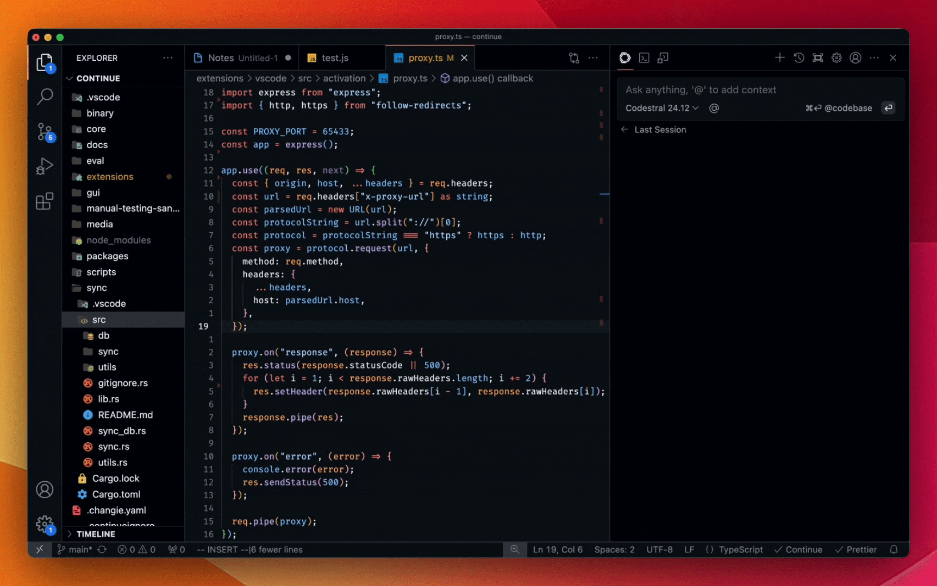OpenAI and the Financial Times (FT) have reached an agreement where OpenAI is paying an undisclosed amount in exchange for access to the FT's archive to train its models. OpenAI's ChatGPT will also be able to answer queries with short summaries of FT articles, including direct links to the news publisher's website. The maneuver will provide ChatGPT's 100 million users with access to FT reporting through the AI assistant. Commenting on the deal, FT CEO John Ridding stated that its impact goes beyond the direct benefits to FT, as the agreement carries implications for the whole industry and ChatGPT users since the deal sets a precedent that ensures news outlets are properly compensated for their data. Moreover, it also contributes to assuring ChatGPT users have access to data from reliable sources.
This agreement with the Financial Times is far from the first one OpenAI has negotiated this year. The AI firm has already arranged four other such negotiations, with Associated Press, Axel Springer, Le Monde, and Prisa Media. Although the financial details surrounding these negotiations are rarely disclosed, Axel Springer is set to a substantial yearly sum after OpenAI agreed to pay one initial fee for access to the publisher's historical archive on top of a licensing fee each year in exchange for more up-to-date information.
Lingering doubts about whether OpenAI's disposition to negotiate access to data from news publishers is a turn for the better. Reporting by The Information suggests that OpenAI may have offered some publishers as little as $1–5 million annually for training access to their archives. The figures will surely pale next to the pending amount OpenAI would have to pay The New York Times in statutory and actual damages. Additionally, there is the worry that if a tech giant OpenAI can negotiate such unimpressive contracts with the bigger news outlets, other less prominent organizations might stand no chance.





Comments